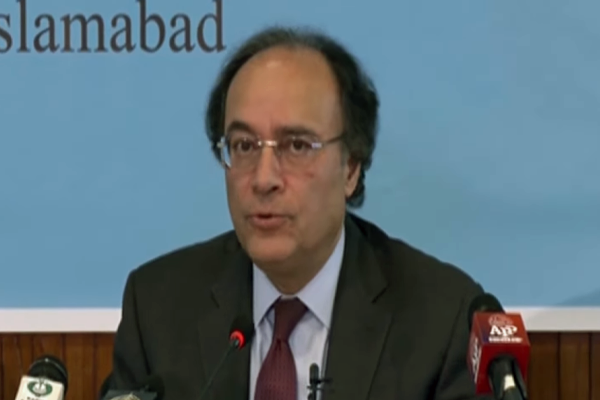The Supreme Court of Pakistan has ruled that a divorced daughter is entitled to her deceased father’s pension not on the basis of her marital status but as a matter of legal right.
Justice Ayesha Malik issued a 10-page written judgment, stating that pension is a legal entitlement of a government employee and not a form of charity. The court emphasized that a woman’s eligibility for pension should be determined by her right, not by her financial status or marital condition.
The Supreme Court declared null and void a 2022 circular issued by the Sindh government that denied pension to divorced daughters of deceased employees. The court deemed the circular discriminatory, unconstitutional, and in violation of Pakistan’s commitments to international treaties on gender equality.
The petitioner, a divorced daughter, had requested the resumption of her late father’s pension. The Larkana Bench of the Sindh High Court had accepted her request. However, the Sindh government challenged the decision in the Supreme Court.
Upholding the High Court’s decision, the Supreme Court rejected the Sindh government’s appeal, stating that pensions are not favors or handouts but a constitutional and legal right. Making a daughter’s eligibility conditional on her marital status violates Articles 9, 14, 25, and 27 of the Constitution of Pakistan.
The apex court further clarified that a government circular cannot override the law or add unlawful conditions. It emphasized that the right to pension is a fundamental constitutional right, and any undue delay in its disbursement constitutes misconduct. Viewing women as financially dependent is a violation of constitutional principles.
The court also expressed regret that Pakistan ranks at the very bottom—148 out of 148 countries—in global gender equality rankings.




